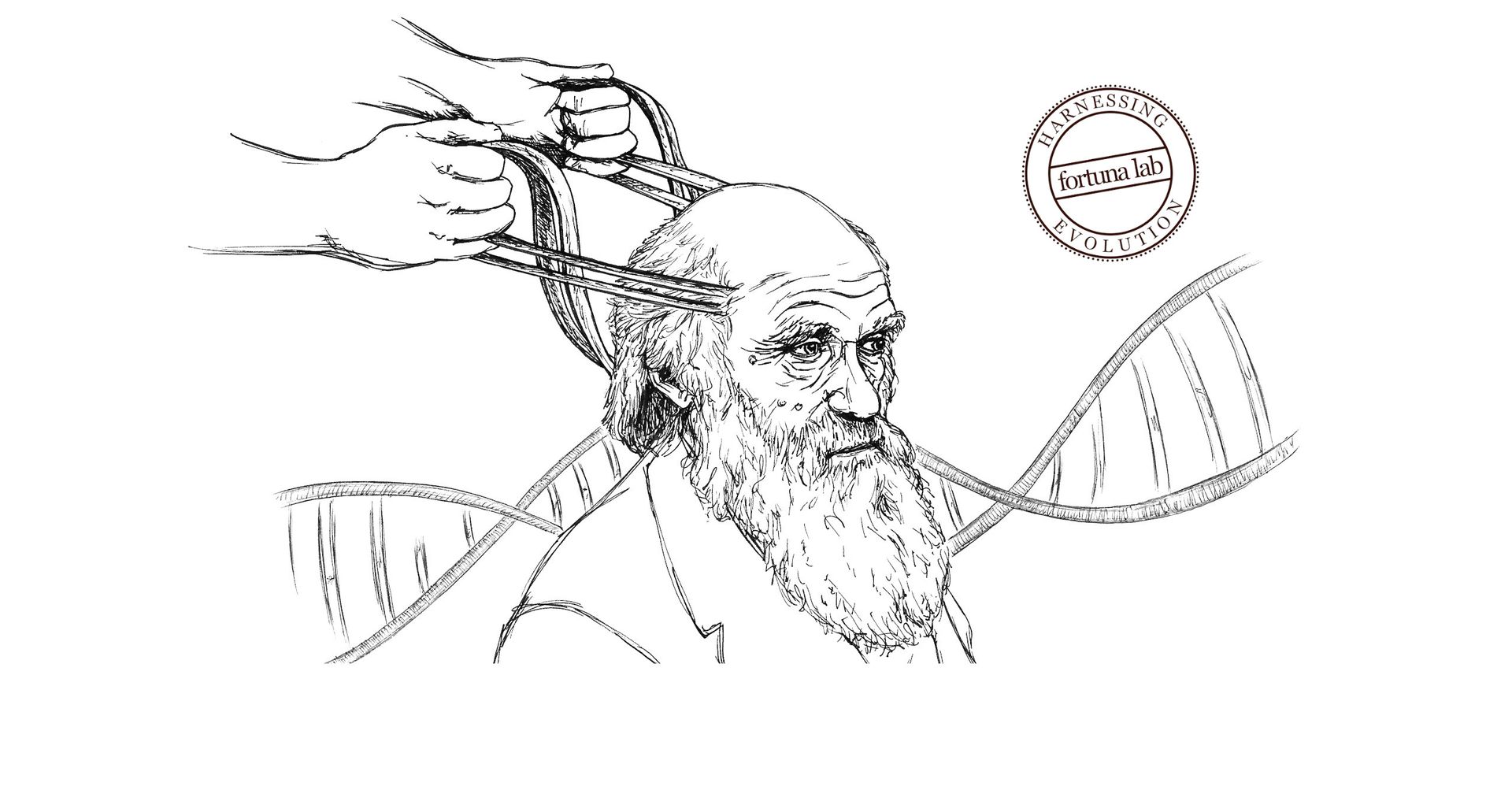DataCite: get your bibliographic references automatically by providing DOIs.
Getting your bibliographic references from DOIs, appropriately formatted to the journal you are planning to submit your manuscript.…

Getting your bibliographic references from DOIs, appropriately formatted to the journal you are planning to submit your manuscript.…
You should create a persistent address for sharing files with your colleagues on the web when you are not sure about where they will be located in your server.…
Learn how to use Docker's container registry (Doker Hub) to find official images and host your own for public or private use.…
Docker is a container of software that includes everything needed for an application to run isolated from the operating system. In this post we will walk you through the installation process.…
Zenodo is a general-purpose open-access repository that assign a persistent digital object identifier (DOI) to any research digital material. We show how to create a release of a repository stored in GitHub and upload it into Zenodo.…
Digital coevolution between hosts and parasites resembles the coevolutionary dynamics among bacteria and phages. By following this tutorial you will be able to set up and run coevolutionary experiments in Avida (i.e., the most widely-used software platform for studying evolution in action).…
Digital evolution is a form of evolutionary computation in which self-replicating computer programs—digital organisms—evolve within a user-defined computational environment. Avida is the most widely used software platform for research in digital evolution.…
Neo4j is a graph database that uses graph structures for semantic queries with nodes, edges, and properties to represent and store data. We will briefly describe the open source packages, written in Python and R, that we use in our lab to connect Neo4j databases from our JupyterLab server.…